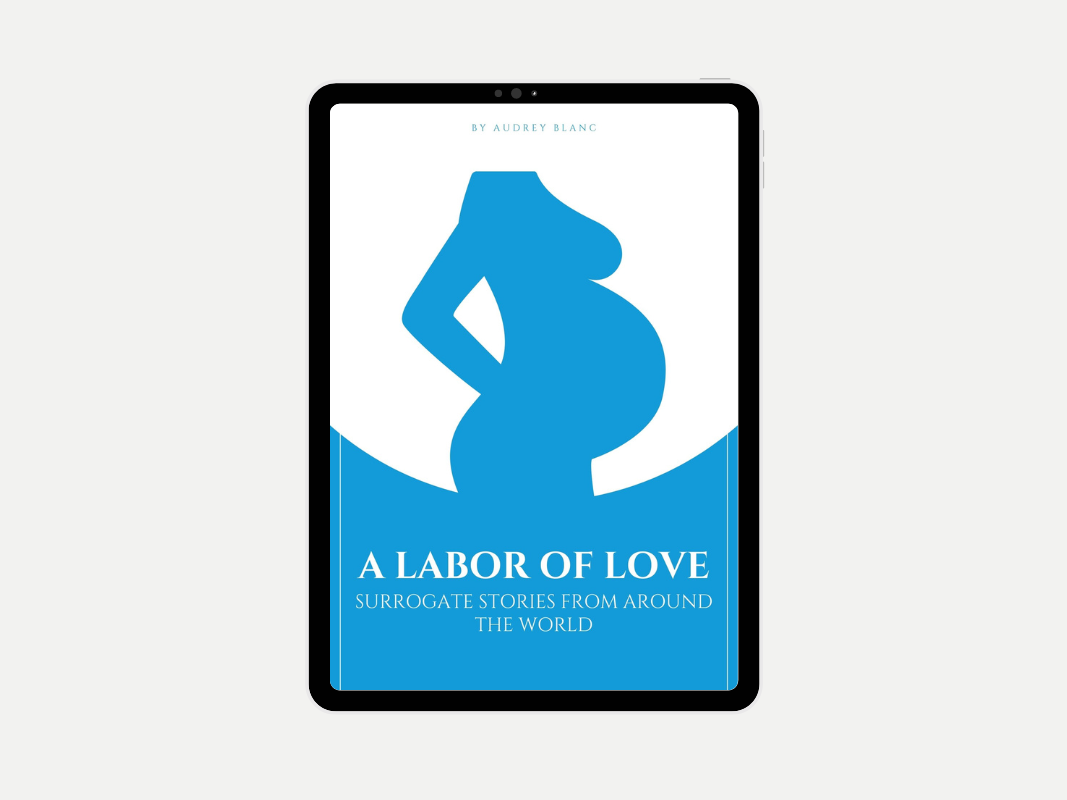The Surprising Link Between Nose-Picking And Alzheimer's

Nose-picking has been linked to Alzheimer's disease. It has been found that bacteria that cause respiratory infections travel through the nasal cavity and eventually invade the brain, creating plaques that are a hallmark of Alzheimer's disease. Researchers have also discovered that a certain bacteria can enter the brain straight from the nose.
Scientists recently discovered that the bacterium Chlamydia pneumoniae can invade the brain via the olfactory nerve. This finding has important implications for neurodegenerative conditions like Alzheimer's disease. The bacteria can also cause respiratory tract infections, including pneumonia. Chlamydia pneumoniae has also been linked to arthritis, multiple sclerosis, and late-onset dementia.
Although Chlamydia pneumoniae is not life-threatening, it is still important to avoid close contact with people with the infection. Antibiotics can kill the bacteria and prevent further infections. However, if you are in close contact with an infected person, it is important to wear protective gear and masks for a short time. If you suspect that you have contracted this disease, consult a doctor immediately.
Chlamydia pneumoniae can affect anyone, but the chances are higher for children and young adults. Older adults are more susceptible to reinfections. If you are older, talk to your doctor to make sure you're at higher risk for serious complications. There are antibiotics available to cure the symptoms, but you should always consult a doctor before beginning any medication.
The bacteria that causes coughs and other respiratory infections can get into the brain by picking your nose. Picking the nose exposes the bacteria to the olfactory nerve. The bacteria then travels up the nerve from the nose to the brain and infects the central nervous system. It subsequently deposits a protein known to cause Alzheimer's disease in humans.
If you suspect that you have Chlamydia pneumoniae in your body, it's important to seek medical attention immediately. This bacterial infection can cause significant damage to the nose. In addition, nasal damage can result in an increase in bacteria traveling up the nose to the brain.
Damage to the inside of the nose increases risk of developing Alzheimer's
Recent research has suggested that damage to the inside of the nose may increase the risk of Alzheimer's disease. This is based on the finding that plaques in the brain are related to Alzheimer's. Researchers at Griffith University are now working to find out what causes the plaques in the brain. If they are right, preventing the plaques from leaking into the brain may prevent the onset of Alzheimer's disease and slow memory loss. But they must first confirm that the same pathway is present in humans.
One risk factor is frequent nose picking, which damages the inside of the nose and makes it easier for bacteria to enter the brain. These bacteria can cause amyloid beta plaques in the brain. Those proteins are hallmarks of the disease. Furthermore, picking the nose can lead to sinus infections.
In one mouse study, researchers at Griffith University exposed mice to a bacterium called Chlamydia pneumoniae. The researchers found that this bacteria can travel from the nasal cavity to the brain and invade the central nervous system. This invasion is linked with the development of Alzheimer's, a progressive, degenerative brain disease. The bacteria cause plaques and interfere with the transmission of nerve messages between neurons.
Another important factor that increases the risk of Alzheimer's is a chronic infection of the olfactory nerve caused by Chlamydia pneumoniae. This bacterium is capable of evading the immune system and remaining in cells for a long time. Researchers have also found that it can live inside brain cells of people with the disease. This is an indication that the infection is causing inflammation and contributing to the development of Alzheimer's disease.
Several studies have found that people with Alzheimer's disease are at increased risk for C. pneumoniae infection. However, it has not been determined whether this bacteria is the cause of Alzheimer's disease. Several studies, involving autopsies of people with the disease, have suggested that C. pneumoniae can infect the central nervous system. As more studies have become available, the link between C. pneumoniae infection and late-onset dementia is becoming increasingly clear.
Smell tests may be a potential detector for Alzheimer's
A new study found that smell tests may be a potential detector of Alzheimer's disease. Researchers studied 400 healthy adults who were given a test called UPSIT, which stands for University of Pennsylvania Smell Identification Test. This test requires patients to identify odors from multiple choices, as well as things associated with the smells.
Smell tests may be an inexpensive, noninvasive method of detecting Alzheimer's disease and other dementias before any symptoms are evident. This can lead to improved diagnosis and management of patients. These tests are easy to administer and require no specialized equipment. In addition, they can be validated by other diagnostic tools.
Researchers at the Douglas Mental Health Research Center at McGill University conducted this study. They reported their findings in the journal Neurology. The study also suggests that a decline in smell ability is associated with an increased risk of developing the disease. This study may lead to better ways to diagnose Alzheimer's disease and prevent its progression.
The study used a combination of smell identification tests and brain scans to determine if patients were developing the disease. Although the smell tests were not accurate enough to differentiate between Alzheimer's disease and Lewy body dementia, they showed a significant association between patients with both diseases.
Researchers from Harvard Medical School and the University of Pennsylvania have developed a method of detecting amyloid b protein (plaques in the brain) using the sense of smell. The test measures the entorhinal cortex and hippocampus, two areas of the brain that regulate memory and odor recognition. When these areas are thin or damaged, a person's odor recognition becomes impaired.
To develop a test for detecting amyloid b protein, researchers conducted a trial using 200 volunteers with varying degrees of Alzheimer's disease. They used a system developed by NeuroVision Imaging. It uses a substance that binds to plaques and turns them fluorescent. The results were then confirmed with a PET scan. The results were consistent with the clinical diagnosis of forty patients with Alzheimer's disease.
These findings have implications for Alzheimer's disease and early dementia. They may also help in developing new dementia treatments. A simple test can help doctors screen and monitor people with Alzheimer's disease earlier. However, this method may not be effective for people with no memory problems.
The findings from this study indicate that this simple test can detect Alzheimer's disease and other neurological conditions before symptoms are visible. Further studies are needed to determine if these tests are useful for early diagnosis and treatment. In the meantime, odor tests can be administered alongside standard tests.
Amyloid b protein (plaques) is a protein found in the brain that forms sticky plaques on brain tissue. These plaques are a result of excessive beta-amyloid, which can kill brain cells. The presence of amyloid plaques in the brain is an important part of the diagnosis of Alzheimer's disease. By detecting this protein in patients' brains, researchers can better determine the underlying cause of memory problems and monitor the effectiveness of drugs designed to target amyloid.
You may also like: This Three-Minute Test Can Spot Parkinson’s Disease









Stay on top of your global medical news by signing up for our facts-first newsletter
Join our mailing list!
Success, you have now signed up for MyMedGlobal's newsletter.
Please try again later











